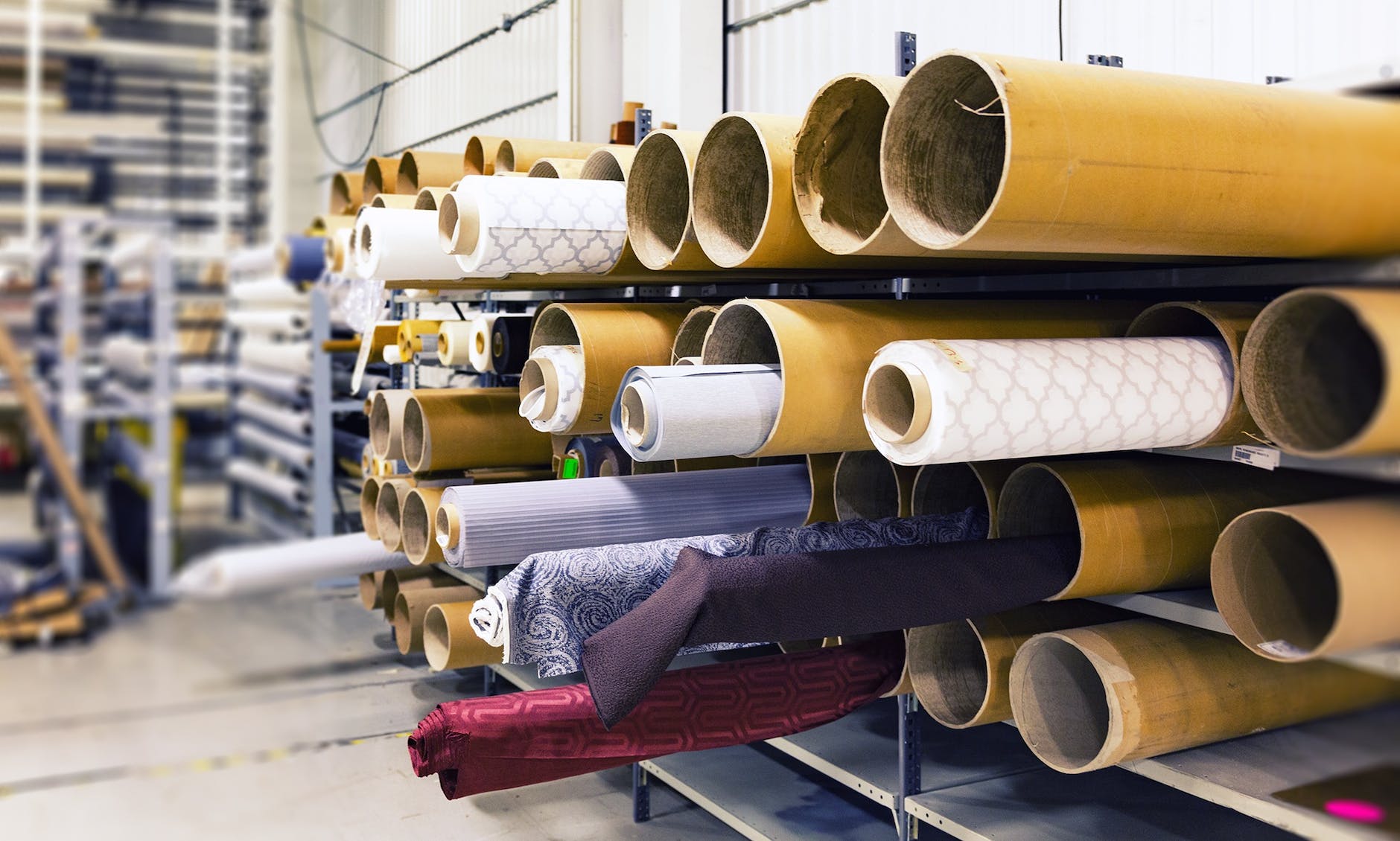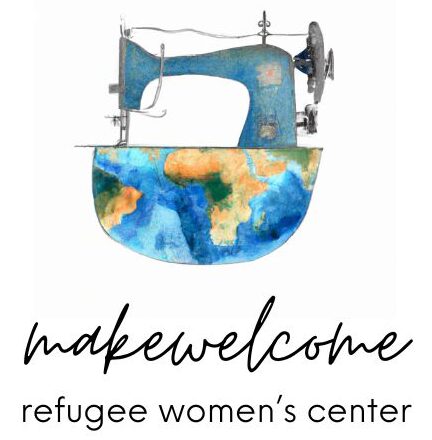“We’re not just a sewing class.”
This is a reoccurring phrase I share when I go to speak at various places in the Charlotte area. I try to help my audience understand that through sewing, there is much needed community building, trauma healing and creative development that is accomplished through sewing class. I want people to see that sewing is so much more than sewing!
I realized recently that there’s more to the potential of Make Welcome than all of the above. I’ve not shared enough about our vocational support program that goes FAR beyond just offering sewing training. This will be a multi-part blog series as we explore educational inequitites and challenges, and how job mentoring and support make such a difference for refugee women as they try to support their families.
Employment Upon Arrival in the United States
Refugee resettlement agencies have a mandate to help refugee families be self-sufficient in 180 days, with follow-up support after that. This push is from the government and the resettlement agencies have no choice but to implement this policy. Imagine though – 6 months to learn a new language, get totally up to speed on culture, get a driver’s license, a car, and a good job? Obviously, almost none of the above happens within 6 months.

Instead, refugees often go to work in low wage factory jobs that don’t care about English skills. These jobs are great first starts and allow them to begin to earn income and pay rent. BUT…there are issues:
- The majority of these jobs are a long drive from Charlotte’s more affordable housing options. So this requires people to make long commutes daily. And several of these warehouses (Ross Warehouses being a primary offender) will require people to come in every day, but then at times only have 3-4 hours of work. So someone spends the gas money to get down to the job, then ends up returning after only a few hours. Pay is often between $12-15/hour. Not sustainable long term
- The time commitment of these jobs means that refugees have little energy for learning, though that’s not to say they don’t try! Many I know work all-night shifts and then are at ESL class at 9 or 10am the following morning. You try learning a new language on almost no sleep and you’ll discover that it’s much harder than it might seem (sarcasm intended).
- The lack of ability to get an education extends beyond just learning English. Refugees have higher workforce participation rates than native born Americans. They could fill a key role in our national labor shortage! But in order for that to happen, there needs to be a priority on either A) upskilling for available jobs; or B) helping already credentialed/skilled refugees (and there are MANY who have degrees and experience) learn vocational English and make job connections in the United States.
According to Christina Smith, a UNA-NCA Advocacy fellow, “In the short-term, expecting refugees to find immediate employment often forces them into low-wage jobs outside of their skill set and interests. Refugees arriving in the US with a degree regularly face downward mobility upon arrival, as their degrees and credentials often go unrecognized in the US. Once this course is set, ‘only 5–10% of refugee adults advance their education after resettlement.’”
At Make Welcome, our particular focus is refugee women. We would contend that this particular group is particularly vulnerable and needs a more tailored Refugee Career Pathway program than is often offered. We’re working on this piece of the puzzle through innovation, building partnerships and empowering these amazing women to make choices on what their career pathway should be. More to come on this.


Pingback: Provide sewing classes for a refugee woman! – Make Welcome Sewing School